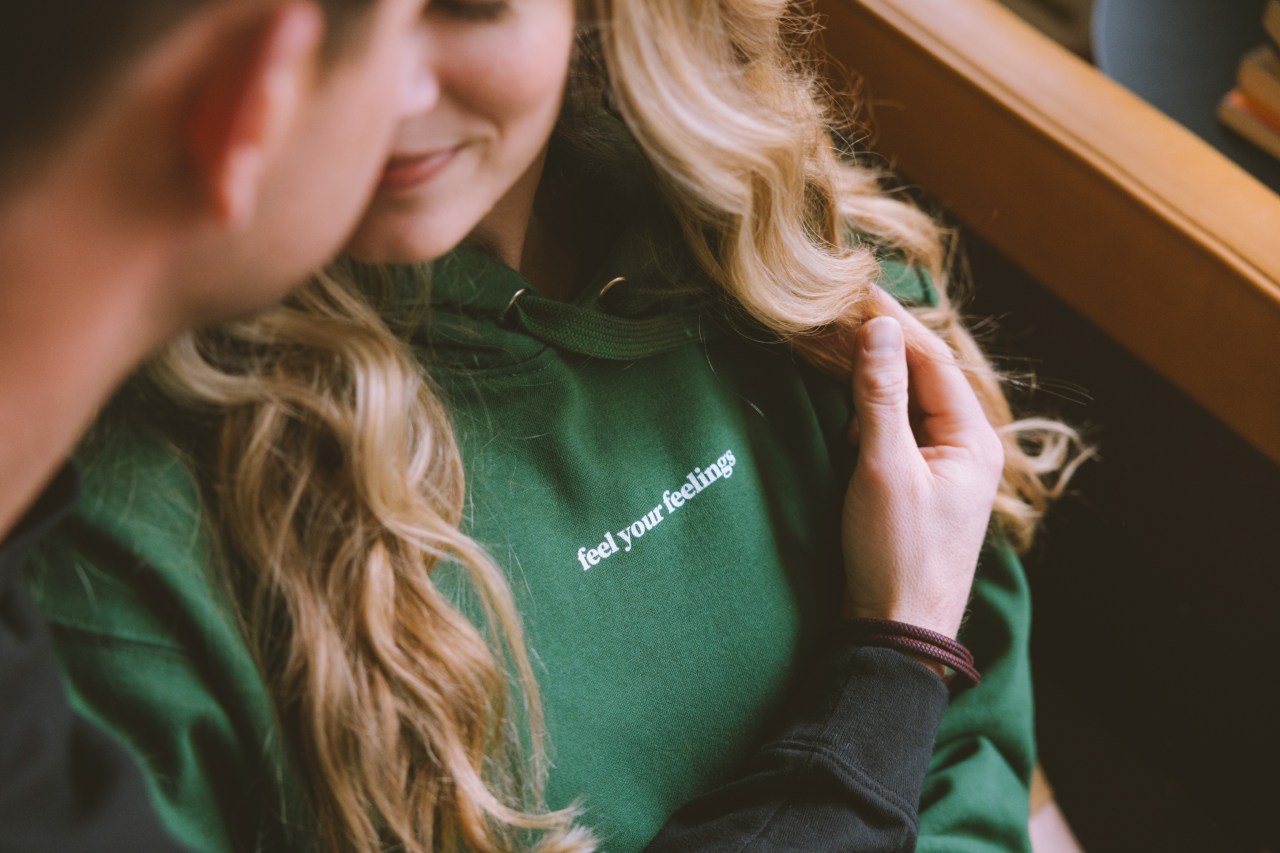
Signs You Have An Avoidant Attachment Style (And How To Cope)
Let’s talk about attachment theory.
More specifically though, avoidant attachment.
When it comes to relationships, there are 4 kinds of attachment: secure, anxious, fearful, and avoidant. If you’ve ever dated someone who was emotionally unavailable or you felt as if you were a bit emotionally unavailable yourself, then that is avoidant attachment.
Here are the signs you are avoidant — or dismissive — and how to cope with it (or make necessary changes):
Signs of Avoidant Attachment —
You’re not emotionally intimate or vulnerable.
It makes you uncomfortable to talk about your feelings and so you avoid it at all costs. If someone tries to get deep with you, you either shut down or distance yourself from them.
You would prefer your relationships to be more surface-level and even just platonic. People you’ve been intimate with might consider you to be shallow, even, because of this.
You’re very independent.
Like, fiercely self-reliant.
You prefer to do things on your own and you never ask for help, even if you’re struggling and in need of assistance. To you, asking for help makes you seem weak.
Not only are you not the type to sit in a therapy session or ask your friend for advice, but you are incredibly career-driven. You’re motivated to be successful and capable on your own, and while that is a great quality to have, you put your career before your relationships. You’d rather have a successful career, your dream body, the most beautiful home, and healthy everyday routines rather than even consider the possibility of a relationship. That is the least of your concerns.
You avoid conflict.
This goes back to not asking others for help. When conflict arises, you withdrawal. Not only that, but you deny any problems being there in the first place. You just don’t want to deal with it, so you pretend it doesn’t exist or that you don’t see it.
You are dismissive to (potential) partners.
When you’re avoidant, anyone who shows any slight emotion is seen, to you, as clingy. You don’t understand why or how people talk about their feelings, so when they do, you dismiss it as “clingy” or “too much.”
How To Cope With Avoidant Attachment —
Be patient.
The way we do things is instilled in our brains — we can’t just snap our fingers and change our ways. Life would be easy and also pointless if that were the case.
So if you want to stop being avoidant in your relationships, just remember to be patient with yourself. You will (hopefully) get there eventually, it just requires a lot of hard work, patience, acceptance, and understanding. This goes for your partner too — they should be patient with you while you navigate this journey.
Try to understand your partner’s attachment style.
When you and your partner have different attachment styles, it can be hard to understand one another. It can especially hard if you are avoidant (“dismissive”) and your partner is anxious (“needy”). It’s important to understand your partner’s attachment style so that you can make the necessary changes as best as you can.
For example, if your partner has an anxious attachment and needs reassurance often that you still like them, do that. Even if you think it’s unnecessary, even if you do still like them and don’t understand why you have to keep telling them that, making that effort will gradually make things easier for you and the relationship.
Challenge yourself to talk about your feelings.
Whether that’s going to therapy, writing in a journal, confiding in a friend, or talking to your partner — it’s important to talk about how you’re feeling.
Start small. Get a journal and carve out time once or twice a week (while you’re starting out) to write down everything you’re thinking and feeling. Just keep scribbling until your hand hurts and you can’t write anymore.
Writing things down is a good way to get your feelings out. Eventually, you will feel okay enough to talk to someone out loud, like in therapy. Going to therapy for the first time is overwhelming, especially if you’re not the kind of person to open up about your feelings. It’s scary and unfamiliar but it’s still incredibly important.
If therapy is a bit too much for you, try calling a friend or talking to your partner. It doesn’t have to be an all-the-time thing, but even confiding in them when something is bothering you is okay to do.
You can’t keep things bottled up. You can’t expect to go through life on your own. Having an avoidant attachment is incredibly common, and valid, but it’s not how things should be.

